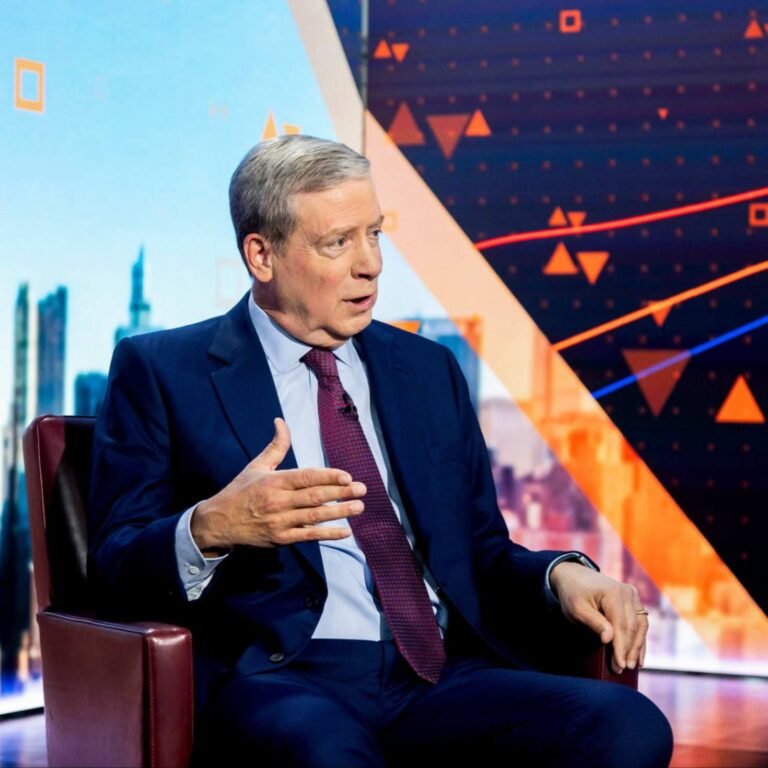The logo of the Carlyle Group is displayed at the company’s office in Tokyo, Japan October 17, 2018. REUTERS/Issei Kato
(Reuters) – Private equity firm Carlyle Group LP on Wednesday reported a 35 percent rise in distributable earnings for the final three months of 2018, supported by a rise in the fees it earns on the money it manages for investors.
Pre-tax distributable earnings (DE) – the cash available for paying dividends – totaled $211 million for the fourth quarter, up from $156 million a year earlier.
The amount Carlyle earned in performance fees from exiting investments fell 63.5 percent year-on-year to $43 million. This was more than made up for by fee-related earnings, what Carlyle earns from management fees, which surged to $175 million, from $27 million a year earlier.
Carlyle’s assets under management rose to $216.5 billion from $212.3 billion in the prior quarter and were 11 percent higher than 12 months earlier.
“In 2018, Carlyle delivered a record level of fee-related earnings, raised over $33 billion in new capital, and produced attractive returns for our fund investors,” Co-Chief Executives Kewsong Lee and Glenn Youngkin said in a statement.
Like its peers, Carlyle has said it will no longer focus on economic net income, a non-GAAP metric traditionally used by private equity firms to measure bottom-line performance.
Under generally accepted accounting principles (GAAP), Carlyle reported a loss to common unitholders of $16 million. This echoed the performance of peers Apollo Global Management, Blackstone Group LP and KKR & Co, which last week all reported GAAP losses on the back of turbulent financial markets.
The benchmark S&P 500 index had its biggest quarterly loss in more than seven years at the end of 2018, hitting private equity firms that use public peers to value their private investments.
Carlye said its corporate private equity funds depreciated in value by 2 percent in the quarter. This was better than peers, with KKR, Blackstone and Apollo reporting declines of 8.3 percent, 2.9 percent and 10.9 percent, respectively.
Reporting by Joshua Franklin in New York; Editing by Shreejay Sinha



